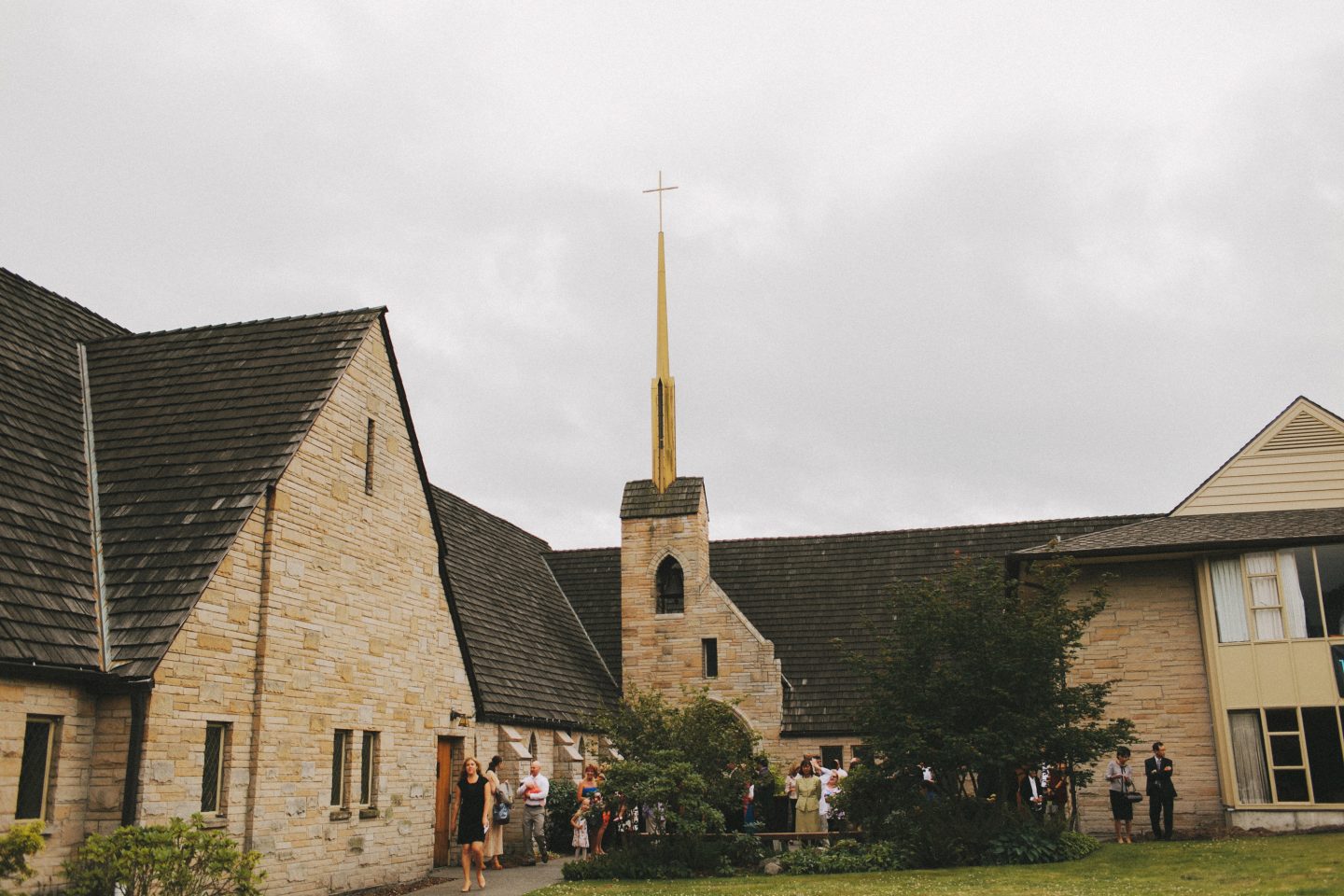Stewarding your ministry’s finances and assets begins with the right coverage.

As a ministry, your physical property is likely one of your most significant investments. Protecting your buildings, contents, and income with proper insurance coverage is crucial to ensure that you can rebuild and continue your mission in the event of a catastrophic loss.
Property insurance is a type of insurance that can help your ministry recover from damage caused by fire, lightning, wind, hail, and other physical perils.
Effectively insuring your church facilities and finances should involve a comprehensive approach. We recommend considering all these categories when reviewing your ministry’s insurance policy:
For most ministry insurance policies, insuring your facilities represents the bulk of the cost to the insurance policy. The valuation method you use for your property has a big impact on the price of the premium:
Typically, an ACV-based valuation will cost less premium than an RC valuation basis because the building limit will be lower when subtracting depreciation. Your broker can help you decide which valuation is best for your organization.
Imagine that you were to pick up your building and flip it upside down. Most physical items not fixed in place, such as furniture, song books, office equipment, etc. would be considered your building contents.
Most ministries don’t maintain an accurate valuation of all their property. This can make it challenging to insure your building contents for the right amount.
If you do not have a solid estimate of the total value of your building contents, your broker or agent will assume this value to be a percentage of your total building value. For example, if you calculated your contents as 20% of a 1 million dollar property value, you’d purchase $200,000 worth of contents coverage.
This valuation heavily depends on the unique needs of your ministry. High value items, such as computers, fine art and audio-visual equipment should be considered as well when purchasing coverage. Don’t make this decision before discussing it with your broker or agent.
You want the peace of mind knowing that if catastrophe strikes, your ministry can rebuild. But have you considered how your ministry would remain operational during the restoration phase?
Catastrophe can disrupt your finances in two ways: decreased giving and increased expenses.
Earnings & Donations and Extra Expense Coverage work together to protect your ministry from unexpected disruption. When deciding on the amount of coverage, be prepared to discuss factors such as your monthly income and number of employees with your agent or broker.
Many ministries have occupied their facilities for several decades. Therefore, if disaster were to strike, the ministry would need to update the facilities according to current ordinances and building codes. Local ordinances and laws can create these additional costs:
Adding Ordinance & Law coverage to your property policy can fix this risk management need, and help avoid tens of thousands of dollars in additional property costs. Make sure to discuss O&L coverage with your agent when purchasing property coverage.
In conclusion, Property Insurance is an essential protection for your ministry. Review your property policy with a local broker or agent to make sure your finances and physical assets are adequately covered.
Worried about the cost? A ChurchWest Ministry Insurance Advisor can bundle your Property Insurance coverage with other ministry-specific coverages as part of a comprehensive insurance package. By bundling your coverage with ChurchWest, you can get the best protection at the most affordable price.
Click the “Get a Quote” button at the top of this screen to contact your local advisor, or explore our other coverage pages to learn more about guarding your ministry’s finances and reputation.